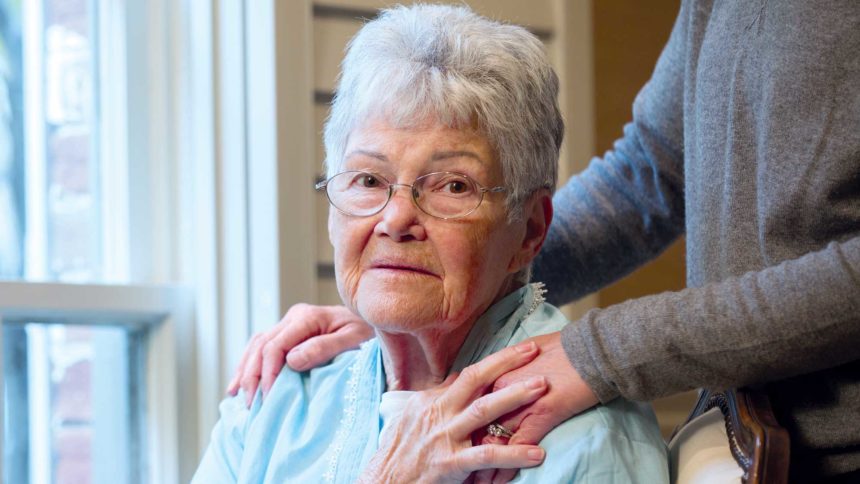

A higher level of dietary protein may prevent the onset of frailty in older women, according to a recent study published in the European Journal of Nutrition.
For the study, Finnish researchers assessed 400 women between the age of 65 and 72. They measured protein intake at the study’s start and then evaluated the women for frailty at a three-year follow- up. Measured factors included grip strength, walking speed, amount of physical activity, exhaustion (defined using a low life satisfaction score), and weight loss of more than five percent.
They found that participants consuming a recommended amount of dietary protein faced a lower risk of frailty and prefrailty (in Finland, that’s 1.1 gram per kilogram of body weight, closely in line with U.S. recommendations). They also observed a stronger association of animal protein intake with frailty, mainly from meat, poultry, fish, and eggs, than that of plant protein intake.
People who are already experiencing loss of muscle mass and function due to age may need 1.2 -to-1.5 grams of protein per kilogram of body weight, according to the Mayo Clinic. To illustrate, the protein content of a chicken breast per portion is 25 grams, one boiled egg is 6 grams, and two slices of whole grain bread is 6 grams, the researchers noted.
“Adequate protein intake is important for muscle health and, according to the new results, may also prevent frailty. However, further research is still required in this area,” concluded Arja Erkkilä, Ph.D., senior lecturer from the University of Eastern Finland.
Read the study




